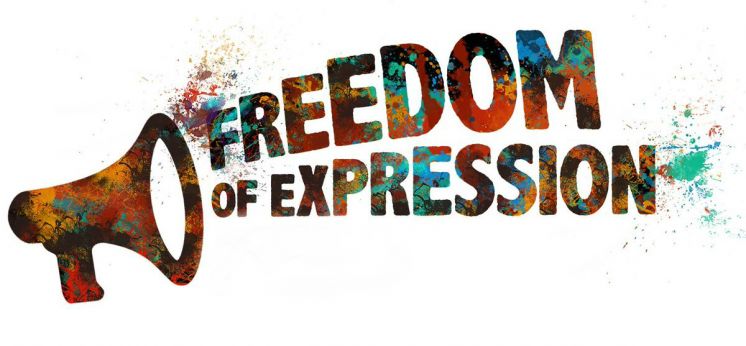Four Freedom of Expression Violations Reported in Northern Cyprus in Just One Week
Between May 3 and May 10, 2025, the Turkish Cypriot Human Rights Foundation (KTİHV) recorded four separate violations of freedom of expression in Northern Cyprus. The Foundation has called on police officers to respect free speech and to act in line with human rights principles.
According to KTİHV, a freedom of expression violation occurred approximately every 48 hours during that week. In its official statement, the Foundation highlighted that freedom of speech is one of the core elements of any democratic society.
“Freedom of expression is essential for both social progress and personal development. It is strongly protected under the Constitution of the TRNC and backed by case law. However, recent events show that this right is being seriously undermined, and the trend is becoming systemic,” the statement read.
The first incident took place on May 3, when five individuals were arrested during a visit by the President of Turkey to the TRNC for holding a sign that read “Our Will.” KTİHV noted that this was a clear violation of freedom of expression, pointing to a 2011 court ruling in a similar case, where the court ordered compensation for unlawful police action.
Later that week, journalists Aysemden Akın and Emine Yüksel received death threats over their reporting. Despite requesting police protection, their appeals were ignored—an action KTİHV also categorized as a serious breach of their right to free expression.
In another case, a person who had rented billboards displaying criticism of MPs from the People’s Party was summoned by police for allegedly violating the MPs’ privacy. KTİHV countered this by stating that elected officials act in the public interest and should be open to criticism, which cannot be considered a personal privacy issue.
Lastly, the arrest of four people carrying a Kurdish-language banner reading “Long Live May 1st” was also condemned by the Foundation as a significant threat to free expression.
“Politicians, public institutions, and officials must be open to criticism. Even speech that is unsettling, offensive, or provocative must be protected—it is vital for safeguarding both human rights and the values of a democratic society,” KTİHV stressed.

You may also be interested in:
- Fatal accident on the Iskele — Ercan road: one person killed, one injured
- The Council of Ministers has paved the way for online casinos in Northern Cyprus
- A young swimmer from Northern Cyprus ranked among the world’s top 15 at the Oceanman Championship in Dubai
- The TRNC Parliament has begun discussing the 2026 budget
- Fatal accident on the Lefkoşa–Güzelyurt highway: one person died


